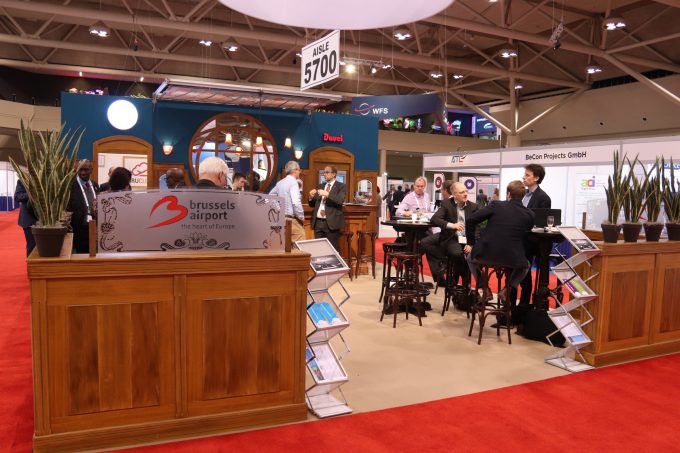Cargo flowing more smoothly as ground handling disruption eases at Frankfurt
Ramp and warehouse congestion has eased at Frankfurt Airport, Europe’s biggest hub for air cargo ...

The reports of TIACA’s impending death have been grossly exaggerated – to misquote Mark Twain.
There has been a great deal of speculation over the success – or otherwise – of TIACA’s Air Cargo Forum (ACF), its biennial cash cow, which can tide it over financially until the next show.
But this year, following years of losses, heavy competition in the events market and a second-tier cargo destination for the ACF (sorry, Toronto) in a country which has limited bilateral air rights with big spenders ...
Volcanic disruption at Anchorage could hit transpacific airfreight operations
Macron calls for ‘suspension’ – CMA CGM's $20bn US investment in doubt
De minimis exemption on shipments from China to the US will end in May
Forwarders stay cool as US 'liberation day' tariffs threaten 'global trade war'
Shippers snap up airfreight capacity to US ahead of tariff deadline
Looming Trump tariffs will create 'a bureaucratic monster' for Customs
Mixed response in US to 'Liberation Day', while China leads wave of retaliation


Comment on this article